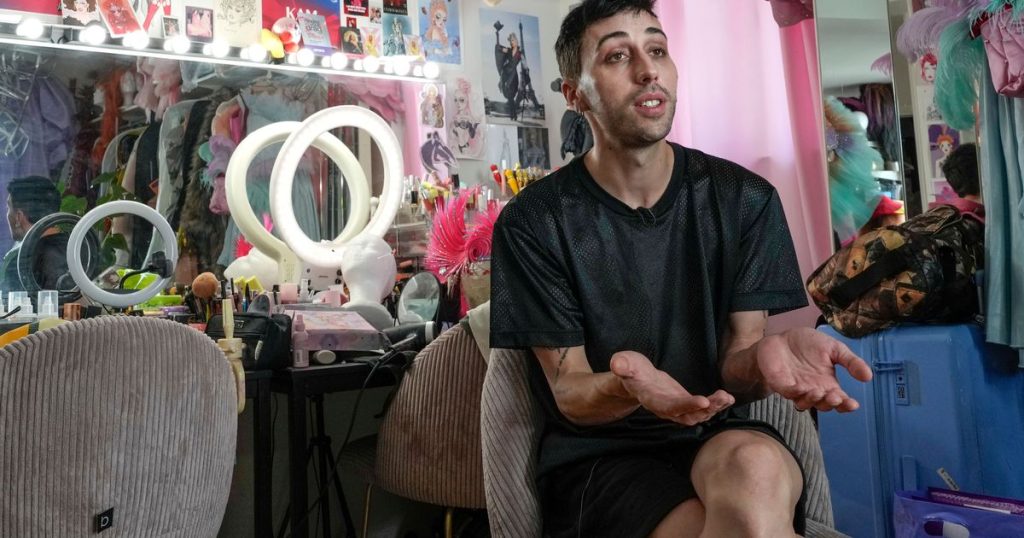Paris hosted the Olympics opening ceremony, featuring a diverse representation of French society including different ethnicities and orientations. Hugo Bardin, performing as the drag queen Paloma, participated in the ceremony, which included a scene that drew criticism for allegedly mocking Leonardo Da Vinci’s “The Last Supper.” Paloma, along with other drag artists and dancers, appeared in the scene along with DJ Barbara Butch, who filed a complaint for online abuse and harassment that led to a police investigation.
Despite the backlash and criticism, Paloma stands by her participation in the ceremony, emphasizing the importance of showcasing a modern France rather than relying on outdated cliches. The performance has been praised for its creativity and inclusivity, but some, including French Catholic bishops, expressed offense at the scene inspired by “The Last Supper.” Paris Olympics organizers clarified that there was no intention to disrespect any religious group and instead aimed to celebrate community tolerance.
US presidential candidate Donald Trump criticized the scene on Fox News, calling it a “disgrace.” Paloma responded to Trump’s comments, stating that if he is not reacting, then they have not done their job. She believes that the criticism is driven by hate rather than genuine concerns about religious or moral values. The goal of the performance, according to Paloma, is to assert the place of marginalized communities, such as queer and trans individuals, in society.
In response to the controversy, Paloma expressed regret that people were offended by the scene but maintained that the intention was not to parody or mock “The Last Supper.” She encouraged viewers to change their perspective and see the beauty and unity in the performance, emphasizing that it was about coming together rather than causing division. Paloma believes that the criticism reveals hypocrisy and hate towards marginalized groups, rather than genuine religious or moral concerns.
The attention to the scene in question highlights the ongoing debate around freedom of expression, representation, and inclusivity in the arts. The controversy surrounding the Paris Olympics opening ceremony has sparked discussions about the boundaries of artistic interpretation, the role of tradition and religious sensitivities, as well as the need for greater understanding and acceptance of diverse perspectives. Paloma’s participation in the ceremony represents a push for greater visibility and acceptance of LGBTQ+ individuals within mainstream culture, challenging norms and stereotypes in the process.


